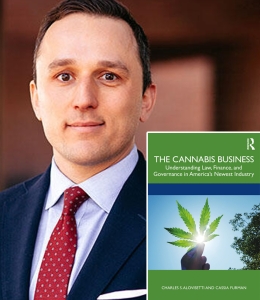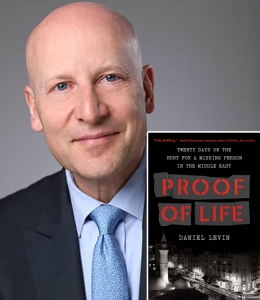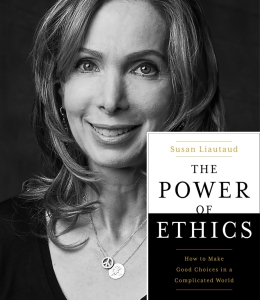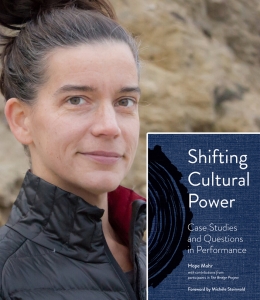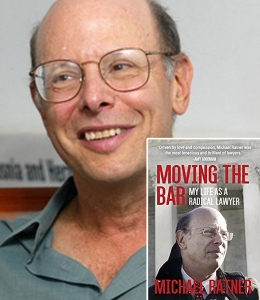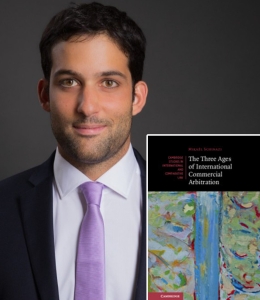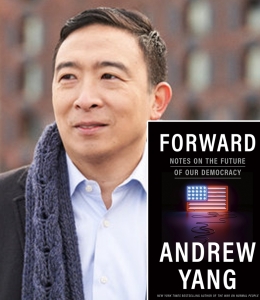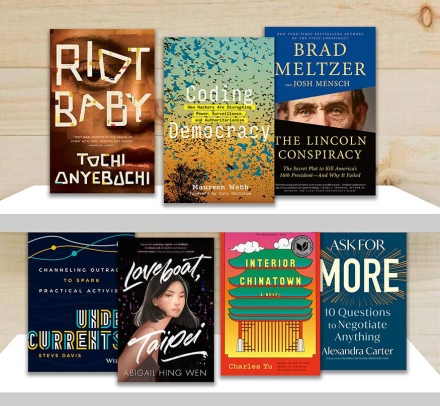From Memoirs to Marijuana: The Year in Alumni Books
In the past year, Columbia Law alumni wrote about making ethical choices, sharing cultural power, and finding ways to make U.S. democracy work better.
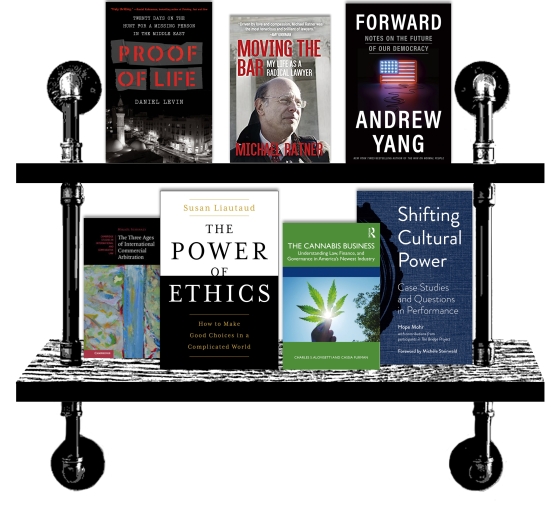
The latest crop of books written by Columbia Law School alumni ranges widely: from the search for a man lost in the chaos of wartime Syria to the nuts and bolts of the emerging field of cannabis law. Former presidential candidate Andrew Yang ’99 spells out his ideas how government can better serve the people, and a posthumously published memoir tells the life story of civil rights lawyer Michael Ratner ’69, who successfully challenged the detention of prisoners at Guantanamo without judicial review.
